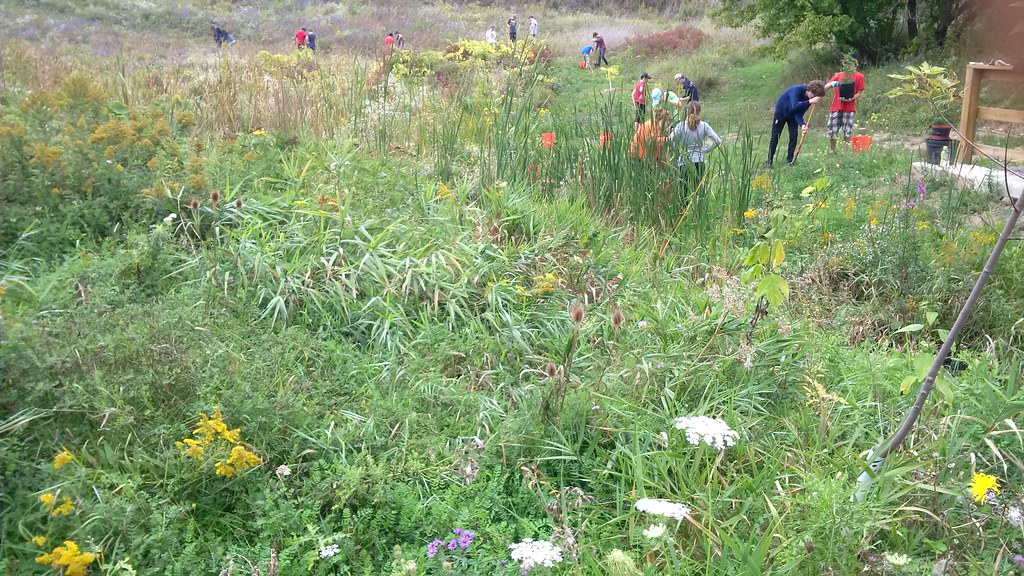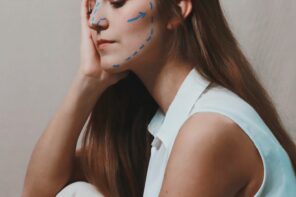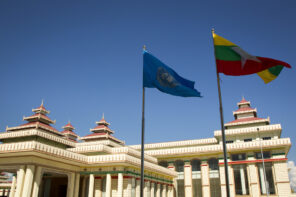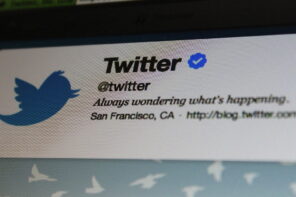Two summers ago, I planted trees near Thunder Bay. This was an unprecedented decision for me: I am a vicious materialist and I wear a lot of pink. I had no experience in camping, nor engaging in demanding physical activity. Hold that image in your mind and place it in the backwoods of northern Ontario. Plus, during the height of the pandemic, I was spending most of my time inside, wallowing in the doom-and-gloom. I was addicted to social media and deeply unhappy. Suffice to say, when I told people, they laughed in my face. And yet, motivated by the fact that my family members had placed actual monetary bets on how long I would last (the most generous being two weeks), I did not back out.
Not letting my fear get the best of me was the best decision I ever made. In the pine and spruce forests of Ontario and Alberta, I re-learnt myself. Alone for hours, through scorching heat and freezing rain, I was forced to. The only images I had to rely on were the ones that lived with me in the wilderness — to let anxiety or self-hatred paint over those images was to fail. Frequently, planters will tell you it is impossible to capture the experience in words, describing it as both the most difficult and best thing they have ever done. The best I can do is name it as the only moments in which I have been present. Firmly settled in myself, rooted to the ground, I was intimately connected to the earth around me. I opened my eyes to the feeling of hot summer air in my lungs and the taste of wild strawberries in my mouth. I painted the world over in pastel yellow and vibrant purple flowers. I took comfort in the way a little blue butterfly would flit past me whenever I felt like giving up.
Frequently, planters will tell you it is impossible to capture the experience in words, describing it as both the most difficult and best thing they have ever done. The best I can do is name it as the only moments in which I have been present.
I wanted to give up so many times. Trekking up a vertical hillside with the crushing weight of two hundred baby trees belted to your hips will do that to you. So will the fear of being mauled by a bear, or impaled by a moose. Surrounded by dense forest, I often convinced myself I felt the yellow eyes of a murderous grizzly on my back. I was so focused on the imaginary gaze of some beast or the texture of the soil as I bent to plant my next tree that I forgot to care how I looked to myself, or, acres away from the closest human, to others. Caked in dirt, stripped of luxuries like a bedroom or a shower, my closest companion on the block was the northern Canadian landscape. For eight or more hours, I slammed my shovel into the ground repeatedly. I emerged with increasingly purple feet and cuts all over my legs from tripping over wet logs and twigs. But, delivered from the bush to my friends each day, I was grateful.
I owe that newfound sense of gratitude to the absence of my phone. Stripped of access to social media, I ceased to obsessively compare myself to others. In the terrifying, breathtaking bush, the world shifted beyond the borders of my anxiety, borders drawn according to the painted and digitized worlds of others. My vision simultaneously narrowed to how small I stood in the shade of those pine trees and expanded to the way black spruce leaves look as if they’re flipping you off. For the first time in so long, the stranglehold social media had locked me in loosened enough that I could breathe. Muddy and exhausted, but free, I took stock of who I was when no one was around to see but the broad pines and middle-fingered leaves.
Stripped of access to social media, I ceased to obsessively compare myself to others.
A book I once read called Ways of Seeing by John Berger intimately captures the way social media had smothered my sense of person. It talks about how people socialized as women are conditioned to envisage themselves by capitalism/the patriarchy, explaining how the proliferation of the digital image has deepened our power of observation. Women are acutely perceptive, rendering us extra-sensitive to how others receive us. Somewhere in this cycle the digital image had taken over my life, objectifying me, repressing me, hopelessly and endlessly leaving me alone with my reflection – that mirror image of myself I was never satisfied with. As the camera rendered me consumable, I succumbed to the economic principle of obsoletion, in which my body and hair and face were interchangeably tossed aside and recycled – like the plastic parts of a Polly Pocket. I lived my life through mirrors, in endless loops of self-hatred and self-obsession.
As you might have felt yourself, this age-old dance is pretty exhausting and pointless; after all, we can never attain the unattainable. We will never be good enough for ourselves as long as we remain caught in the spiderweb of digital complacency. Overloaded by the negative feedback I received from my phone or the minute rejections I read in those around me, I coped with my anxiety by avoiding the things that scared me. But you know that saying – that life starts outside of your comfort zone? Unwittingly released from my screen, I gave myself over to the wilderness; alone in the woods, my sense of self rematerialized. In teaching me to stop letting others affect how I feel about myself, tree planting has awakened me to earth’s many graces, from little blue butterflies to the smiles of the people I love. In the grand scheme of things, we are like four-second shooting stars to the earth’s four-billion-year history, so what’s the point of spending our time comparing ourselves to others? Of letting what we think others are thinking affect how we live our lives? Put down your phone. Go outside. Live like no one is watching.








